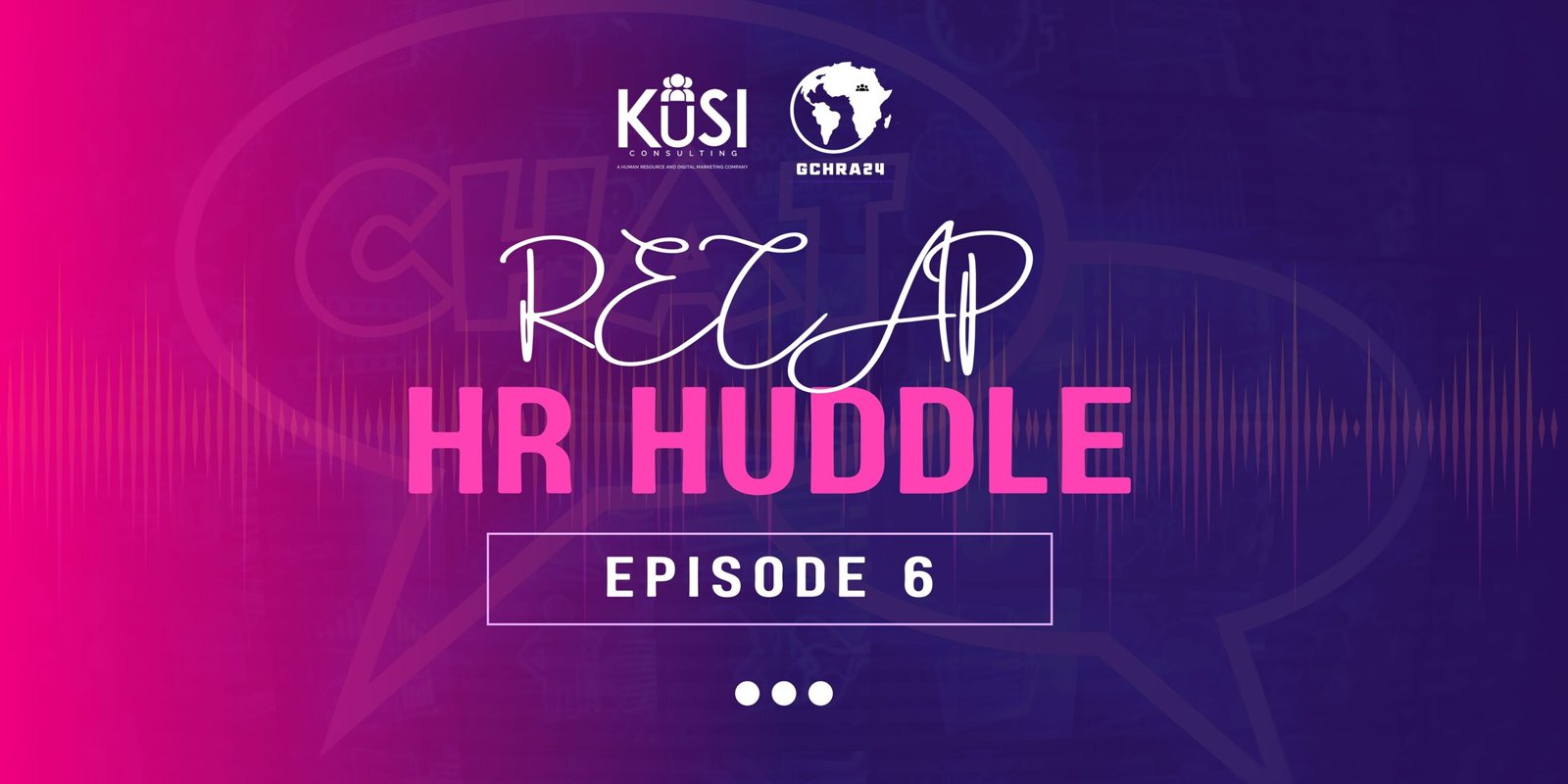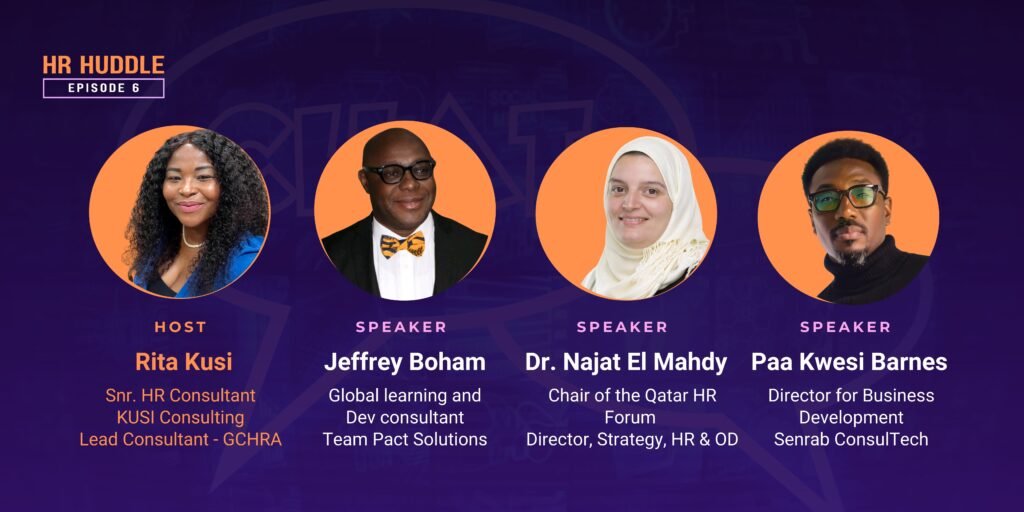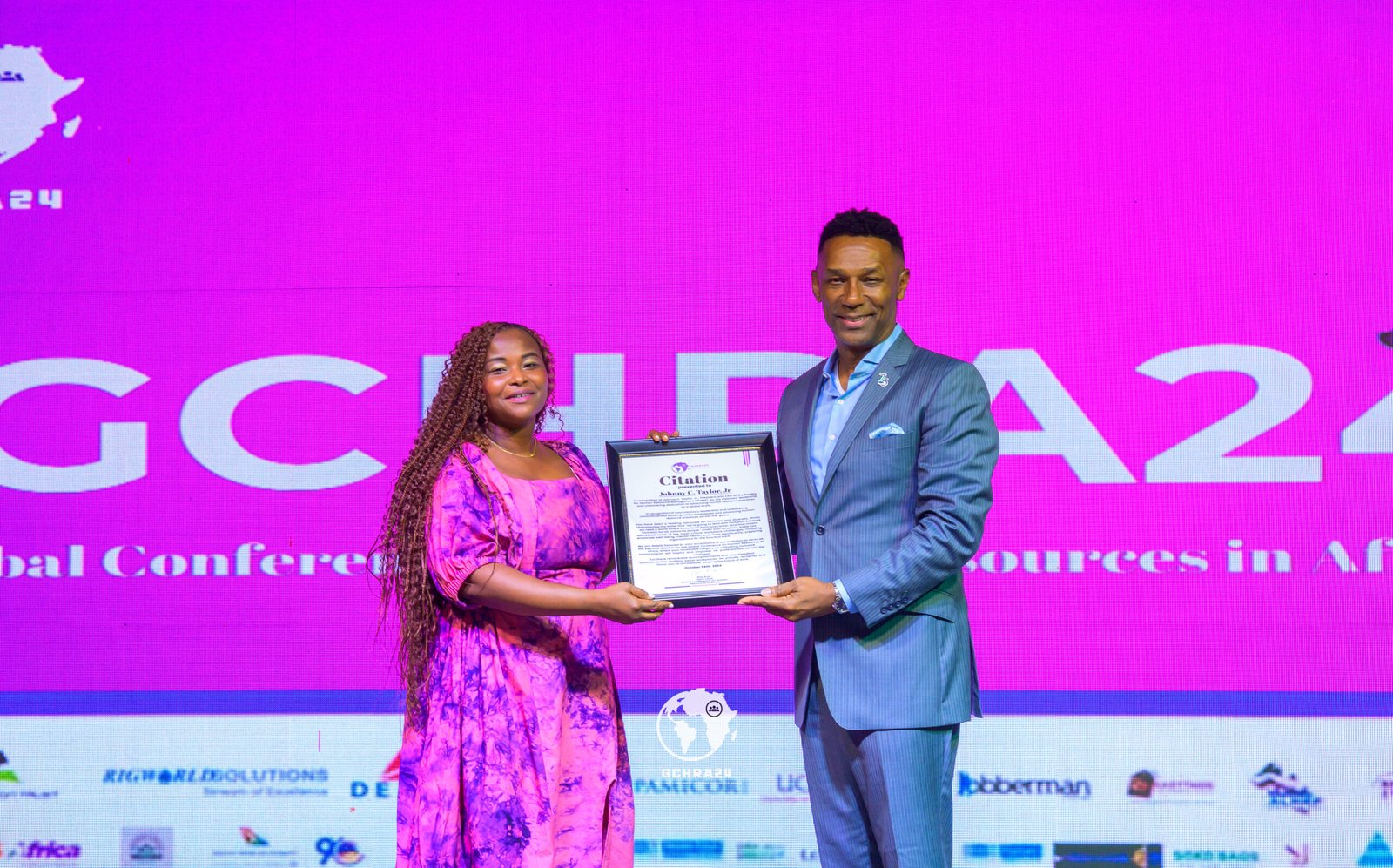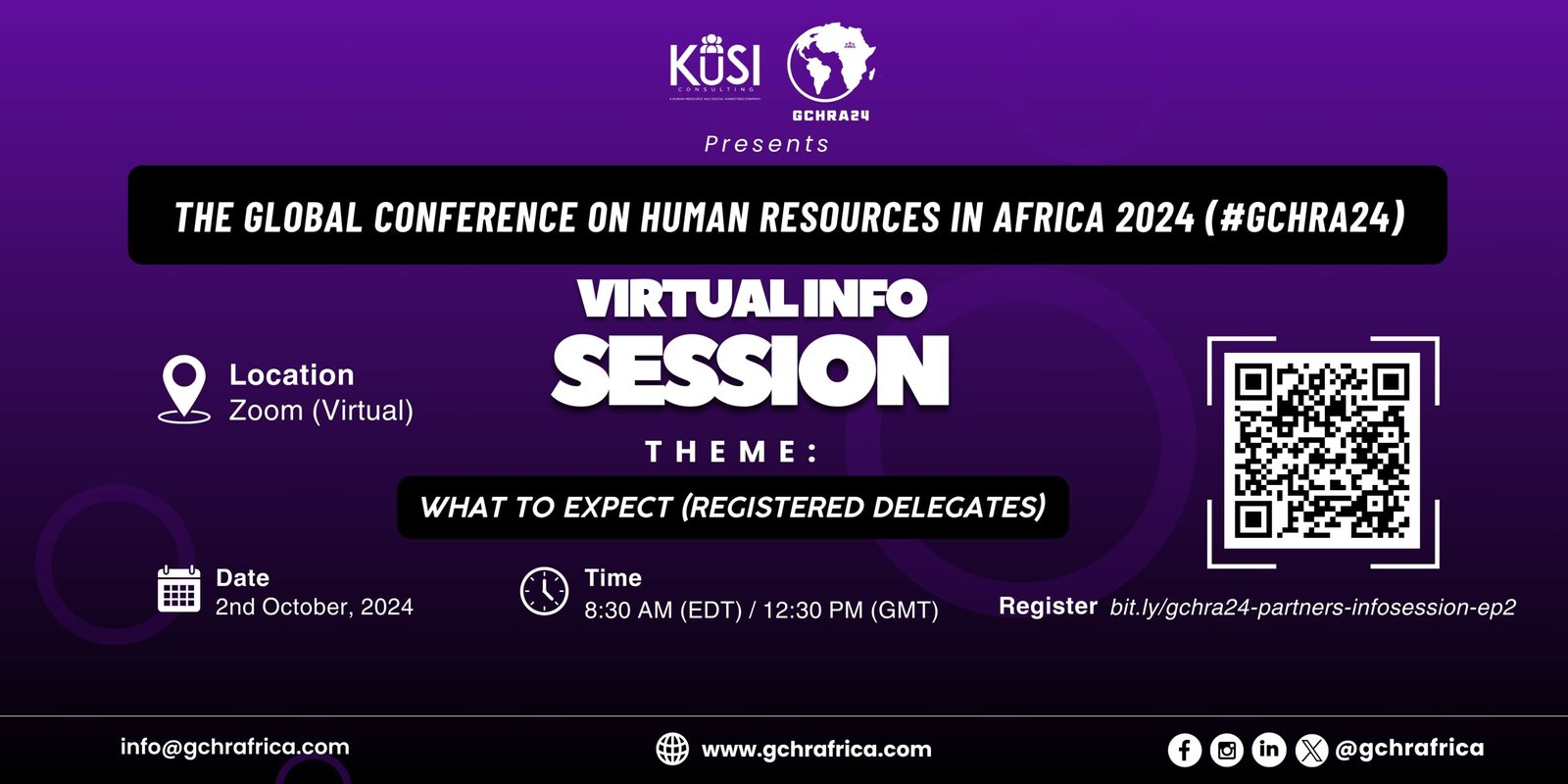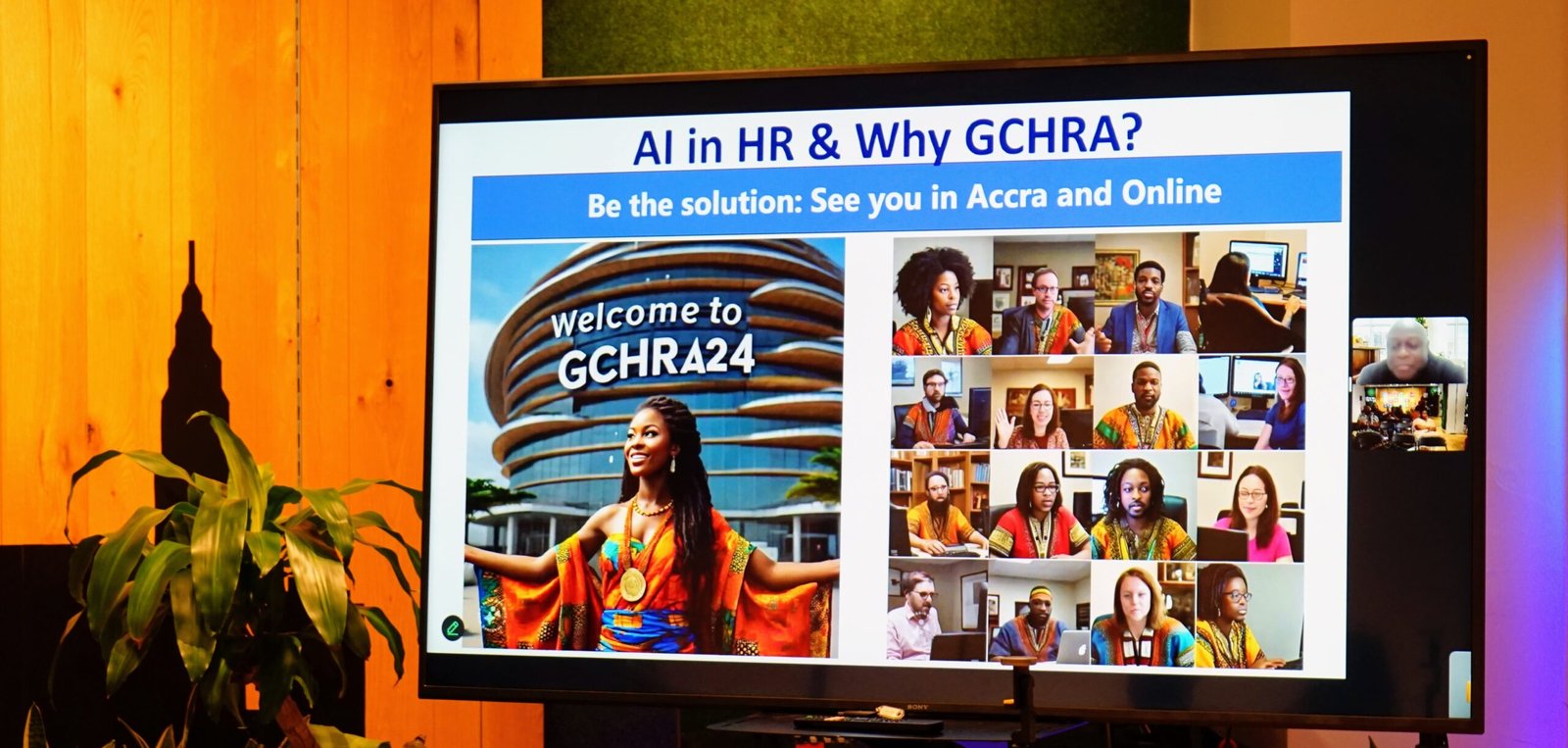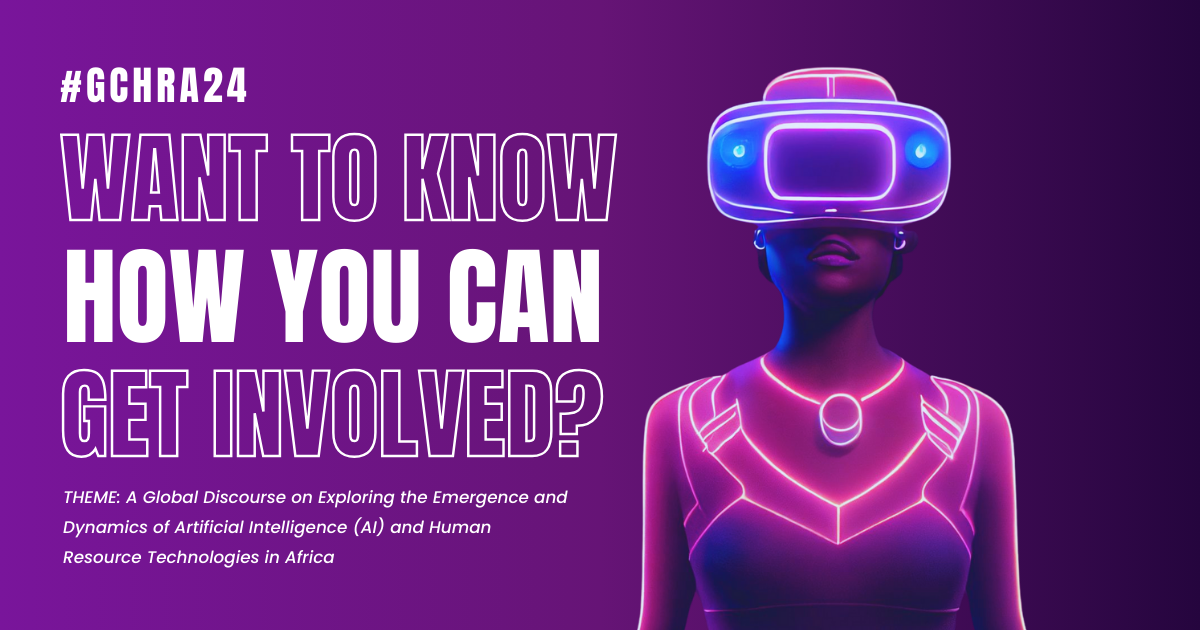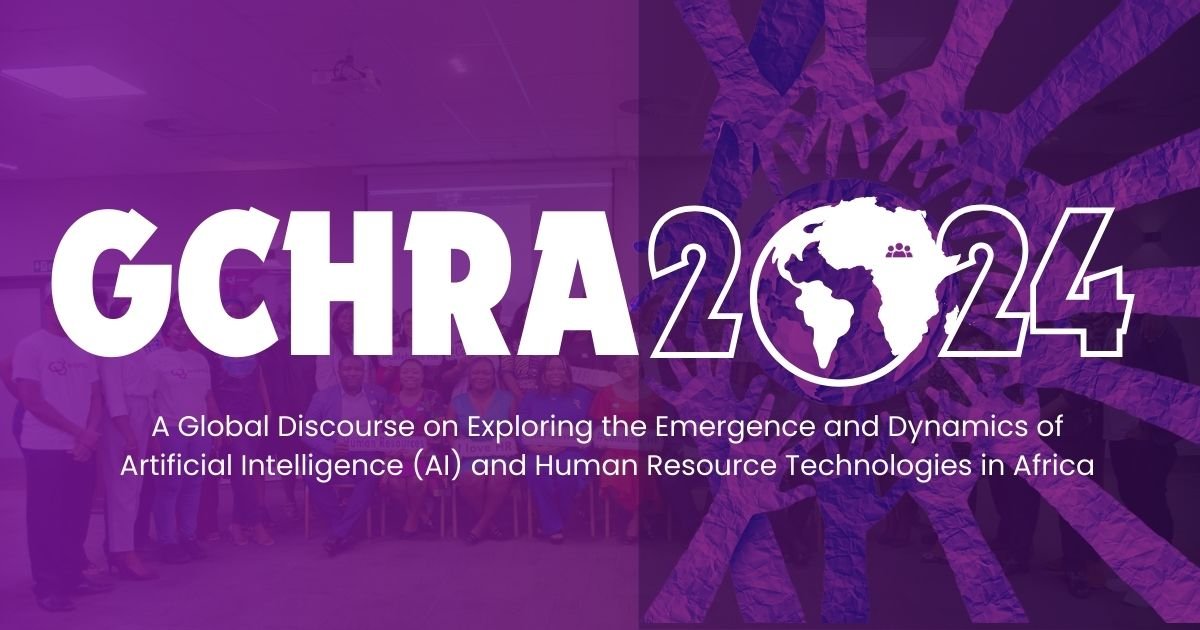T
Jeffery Boham: AI's Transformative Role and Challenges
Jeffery Boham kicked off the discussion by highlighting AI’s transformative potential within HR, particularly in recruitment and talent management. AI tools, he explained, are increasingly being used to automate processes like candidate filtering and initial interviews, allowing HR professionals to shift their focus from administrative tasks to strategic decision-making. This shift is empowering HR teams to make more informed decisions, but it also comes with challenges.
Boham stressed the complexity of AI systems and the critical need for HR professionals to develop a robust understanding of these technologies. Without this knowledge, managing AI-driven processes can become a daunting task, potentially leading to inefficiencies and missed opportunities. He emphasized that for AI to be effectively integrated into HR, organizations must invest in training and upskilling their HR teams.
Ethical Considerations: Addressing Bias and Privacy
The conversation then turned to the ethical implications of AI in HR, a topic jointly addressed by Boham and Mr. Paa Kwesi Barnes. Both speakers underscored the risks of AI perpetuating existing biases if not properly managed. Boham pointed out that AI algorithms, if not carefully designed and monitored, can unintentionally reinforce biases present in historical data.
Mr. Barnes added that data privacy is another significant concern. As AI systems process vast amounts of employee data, ensuring transparency and fairness in AI-driven HR processes becomes paramount. Both speakers advocated for the establishment of ethical guidelines to govern AI use in HR, ensuring that these technologies promote fairness and inclusivity.
Dr. Najat El Mahdy: AI for Employee Development and Changing Workforce Dynamics
Dr. Najat El Mahdy shifted the focus to how AI can enhance employee development and retention. She explained that AI-driven platforms are now capable of personalizing learning and development programs, tracking employee progress, and even predicting retention risks. This capability allows organizations to proactively address issues that could lead to employee turnover, ultimately reducing attrition rates.
Dr. El Mahdy also discussed how AI is changing workforce dynamics, with a growing emphasis on skills-based approaches rather than traditional roles. She emphasized the need for HR to rethink job descriptions and career paths, advocating for a more flexible and dynamic approach to workforce management. This shift requires HR professionals to be agile and adaptable, continuously learning and evolving alongside AI technologies.
Mr. Paa Kwesi Barnes: Data-Driven Decision Making and Preparing for the Future
Rounding out the discussion, Mr. Paa Kwesi Barnes highlighted the increasing role of AI in driving data-driven decisions in HR. AI, he noted, allows for more accurate and informed decision-making, which is crucial for managing talent and optimizing workforce productivity. As organizations collect and analyze more data, AI becomes an invaluable tool in transforming raw data into actionable insights.
Looking ahead, both Dr. El Mahdy and Mr. Barnes stressed the importance of continuous learning and upskilling for HR professionals. They encouraged HR leaders to foster a culture of innovation within their organizations, where AI is seen as a tool to enhance human potential rather than replace it. Preparing for the future means embracing AI while ensuring that the human element remains central to HR practices.
Conclusion: Embracing AI While Preserving the Human Touch
The HR Huddle Episode 6 offered a comprehensive overview of AI’s growing role in HR, highlighting both its potential and the challenges it presents. Jeffery Boham, Dr. Najat El Mahdy, and Mr. Paa Kwesi Barnes provided valuable insights into how AI is reshaping HR, from ethical considerations to employee development and data-driven decision-making. As AI continues to evolve, HR professionals must adapt and innovate, ensuring that AI integration enhances the human element of work rather than diminishing it.
The HR Huddle Episode 6, themed "AI Integration in HR: Navigating the Future of Work," brought together industry experts to delve into the transformative impact of Artificial Intelligence (AI) on Human Resources (HR).


